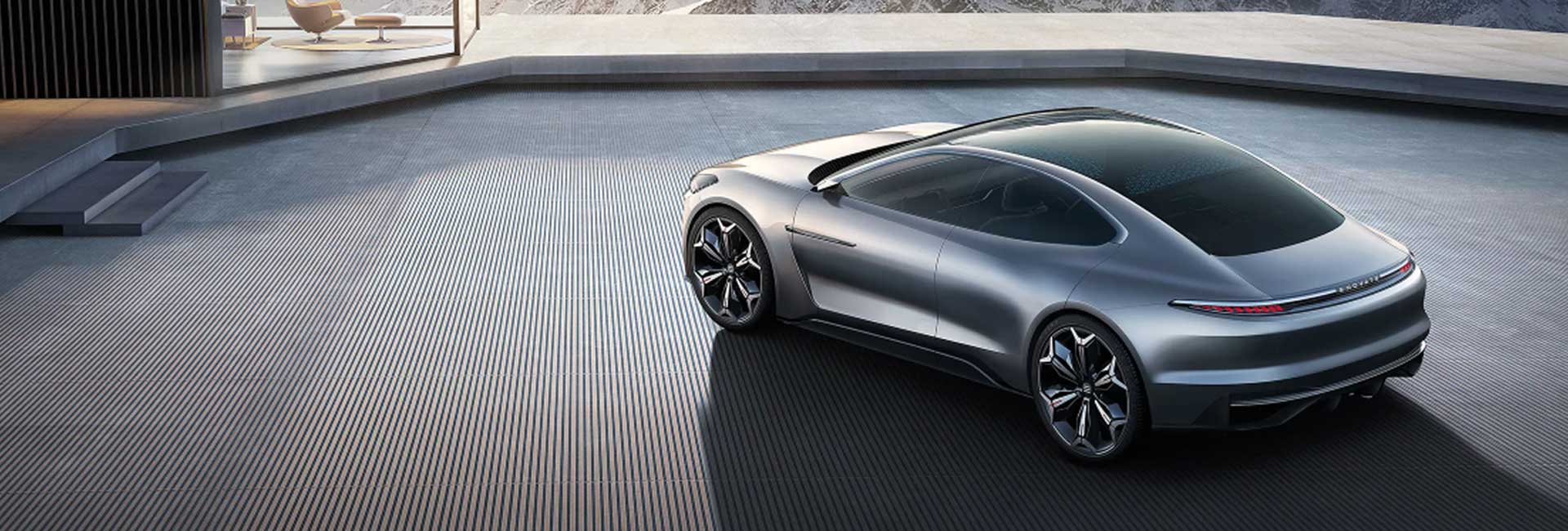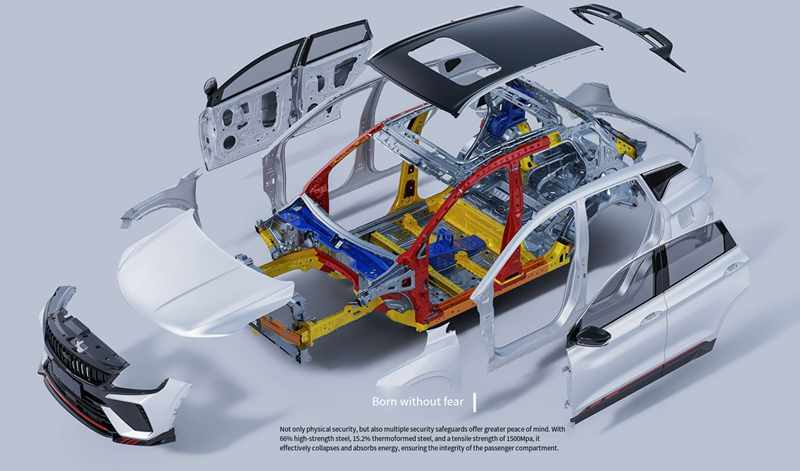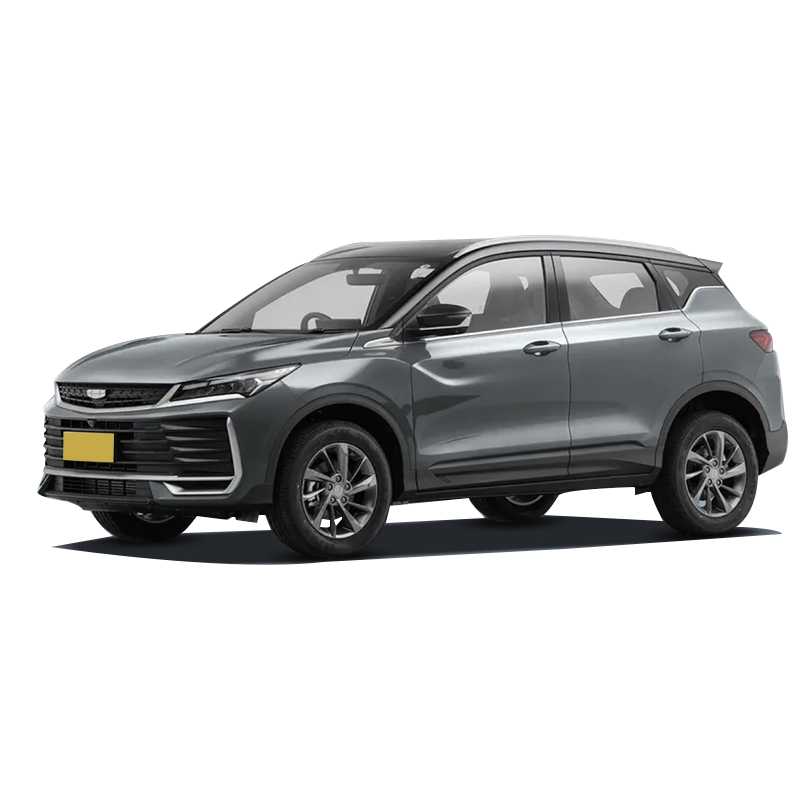
How the Binyue Geely Stacks Up Against Japanese SUVs
Is the Binyue Geely Ready to Rival Japanese SUVs in Performance and Value?
Exploring the Contender: Binyue Geely
The Chinese automotive market has been witness to an impressive growth spurt, with the Binyue Geely emerging as a notable player. This compact SUV has been turning heads with its blend of aesthetic appeal and affordability. But does it have what it takes to go toe-to-toe with the established Japanese SUVs?
Design and Comfort
Geely’s Binyue boasts a modern design that’s both sleek and functional. The interior offers a surprising amount of comfort and space for its class, rivaling the cozy confines of many Japanese competitors.
Japanese SUVs: The Benchmark
Japanese SUVs have long been the gold standard for reliability and quality. Brands like Toyota, Honda, and Mazda have set the bar high with their offerings, which are known for their exceptional performance, fuel efficiency, and durability.
Performance Metrics
When it comes to performance, Japanese SUVs typically shine with refined engines and sophisticated suspensions. They offer a smooth ride and responsive handling, which are qualities that the Binyue Geely will need to match to stand out.

A Direct Comparison: Binyue Geely vs. Japanese SUVs
Let’s delve into a side-by-side comparison of the Binyue Geely with some of the most popular Japanese SUVs on the market.
Engine and Horsepower
| Model | Engine | Horsepower |
|---|---|---|
| Binyue Geely | 1.5L Turbo | 177 HP |
| Toyota RAV4 | 2.5L Inline-4 | 203 HP |
| Honda CR-V | 1.5L Turbo | 190 HP |
Price and Value
The Binyue Geely undercuts its Japanese rivals in terms of price, offering a compelling value proposition for budget-conscious buyers. However, the lower price point often raises questions about the quality of materials and long-term reliability.

Challenges Faced by Binyue Geely
Despite its competitive pricing and features, the Binyue Geely faces significant challenges in a market dominated by Japanese brands. Brand perception and the stigma associated with Chinese cars being less reliable than their Japanese counterparts are hurdles that Geely needs to overcome.
Trends in the SUV Market
The global SUV market is experiencing a shift with a growing emphasis on fuel efficiency and eco-friendliness. Both the Binyue Geely and Japanese SUVs are adapting to these trends, with hybrid and electric versions on the horizon.
Looking to the Future
As the automotive industry continues to evolve, the Binyue Geely has the potential to carve out a niche for itself. With continuous improvements in technology, design, and build quality, Geely could soon be giving Japanese SUVs a run for their money.
Innovation and Adaptability
Geely’s commitment to innovation and adaptability will be crucial in its quest to compete with Japanese SUVs. Features like advanced driver-assistance systems (ADAS) and connectivity options will play a significant role in shaping the future of the Binyue Geely.
In the battle of Binyue Geely against Japanese SUVs, it’s clear that the Chinese SUV has its work cut out. While it presents a strong case with its design, comfort, and price, it must address the stigma and meet the high standards set by its Japanese competitors. Only time will tell if the Binyue Geely can truly stack up against these industry leaders.
Request for Quotation
Releated Vehicles
Rencent Post
- Geely Binyue Owners Share Their Most Honest Opinions09-30 2025
- Geely Binyue vs Hyundai Creta – A Fair Battle?09-30 2025
- Binyue Geely vs Haval Jolion – Who Wins the Compact SUV Battle?09-29 2025
- First-Time Buyer’s Guide to the Geely Binyue09-29 2025
- Geely Binyue L Comfort Test – Long Trips Made Easy09-29 2025
- How Reliable Is the Binyue Geely After 50,000 km?09-28 2025



